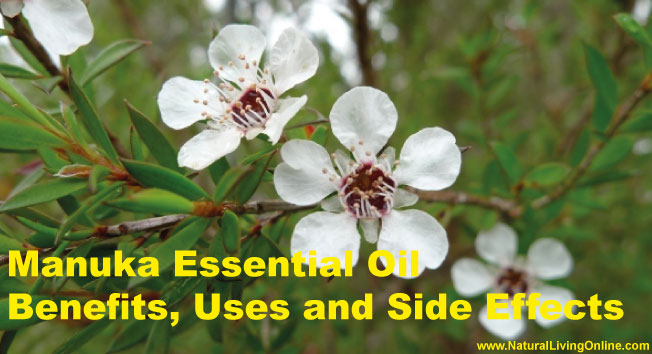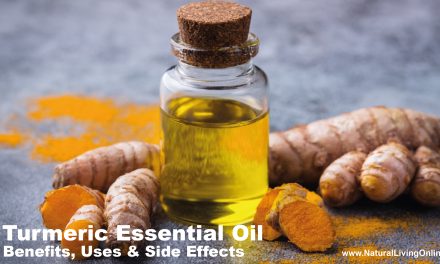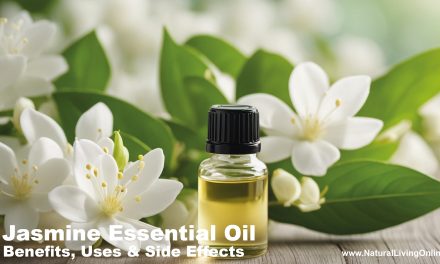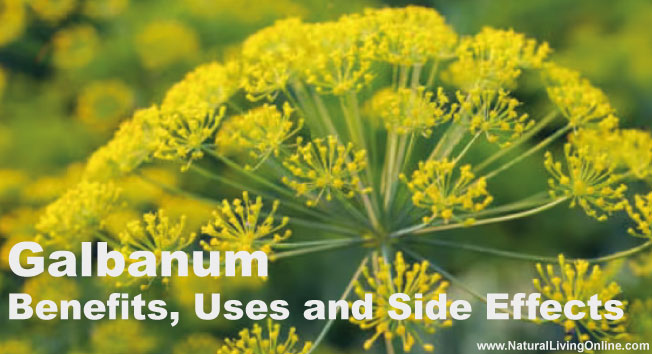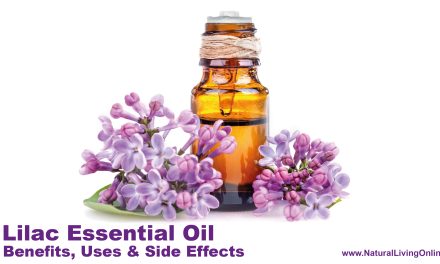Manuka essential oil is derived from the manuka tree, which is native to New Zealand. The oil has a wide range of benefits, including being an anti-inflammatory, antibacterial and antifungal agent. Manuka oil is also known for its ability to boost the immune system and promote healing.
Essential Oil Profile / Monograph
Botanical Name: Leptospermum scoparium
Common Names: Manuka, New Zealand Tea Tree
Plant Family: Myrtaceae
Countries of origin: New Zealand
Extraction Method: Steam distillation
Parts Used: Flowering tops and leaves
Essential Oil smell: camphoraceous, herbaceous, woody
Essential Oil Color: pale yellow to amber
Viscosity: Thin
Perfumery Note: Middle
Strength of Aroma: Strong
Blends Well With: Basil, bergamot, black pepper, cardamom, cedarwood, chamomile, clary sage, clove bud, cypress, eucalyptus, frankincense, geranium, ginger, grapefruit, juniper berry, lavender, lemon, myrrh, nutmeg, rosemary, sandalwood
Therapeutic Properties: analgesic, anti-inflammatory, antibacterial, antifungal, antiviral, immunostimulant
Uses: acne, colds, flu, wounds, joint pain
Contraindications: There is no known interaction between Manuka oil and other drugs. However, it is always best to consult with a healthcare professional before using any essential oils. Pregnant women and breastfeeding mothers should avoid using Manuka essential oil. The oil can also cause skin irritation in some people, so it is always best to do a patch test before using it. If you have any medical conditions, consult with a healthcare professional before using.
Side Effects: It is generally safe for most people when used properly. However, the oil can cause skin irritation in some people. If you experience any side effects, stop using the oil and consult with a healthcare professional.
Chemical Constituents with percentages:
terpinen-4-ol (up to 30%), α-terpineol (up to 15%), β-terpineol (up to 10%), 1,8-cineole (up to 7%), and α-terpinene (up to 5%). These chemicals give manuka oil its unique therapeutic properties.
What is Manuka?
Manuka is a tree that is native to New Zealand. The tree produces a yellow flowering shrub that is commonly used in the production of honey. The honey produced from the Manuka flowers has unique antibacterial properties.
Benefits
Manuka essential oil has many benefits due to its unique chemical composition. The oil is anti-inflammatory, antibacterial, and antifungal. Additionally, it can help to boost the immune system and promote healing.
Uses
Manuka essential oil has a wide range of benefits and uses. It can be used to help improve skin health, fight inflammation, boost the immune system, and even treat certain conditions like acne, eczema, psoriasis, and dandruff.
Historical use of Manuka as a herbal medicine
The Maori people of New Zealand have used Manuka for centuries as a herbal medicine. The tree was used to treat a wide variety of ailments, including colds, flu, and wounds.
Topical use
Manuka oil can be applied topically to the skin to help treat acne, cold sores, and other skin conditions. The oil should be diluted with a carrier oil before being applied to the skin.
Manuka essential oil benefits for skin
The anti-inflammatory, antibacterial, and antifungal properties of Manuka oil make it beneficial for the skin. The oil can help to treat acne, cold sores, and other skin conditions.
“These results indicate that the potent antimicroorganism and anti-inflammation properties of kanuka and manuka essential oils make them strong candidates for use in treating infections and immune-related disease. The data confirm the potential use of kanuka and manuka extracts as pharmaceutical antibiotics, medical cosmetology agents, and food supplements.” [1]
Manuka essential oil benefits for hair
It can be used to help treat scalp conditions such as dandruff and psoriasis. The oil can also help to stimulate hair growth by increasing blood flow to the scalp.
For kids
It is generally safe for kids when used in small doses. However, it is always best to consult with a healthcare professional before using any essential oils on children.
For pets
It is generally safe for use on dogs and cats when diluted properly. However, it is always best to consult with a veterinarian before using any essential oils on pets.
Aromatherapy
Manuka oil can be used in aromatherapy to help promote relaxation and ease stress. The oil can be diffused in an essential oil diffuser or added to a bath.
Diffuser blends for aromatherapy with Manuka Oil
1. Manuka and Lavender: This blend is calming and can help to promote sleep.
2. Manuka and Lemon: This blend is refreshing and can help to boost energy levels.
3. Manuka and Peppermint: This blend is invigorating and can help to improve focus.
4. Manuka and Rosemary: This blend is stimulating and can help to increase alertness.
5. Manuka and Tea Tree: This blend is antibacterial and can help to purify the air.
6. Manuka and Ylang Ylang: This blend is soothing and can help to reduce anxiety.
7. Manuka and Frankincense: This blend is grounding and can help to promote relaxation.
DIY recipes with Manuka Oil
Manuka Facial Cleanser
Mix 1 teaspoon of manuka oil with 1 cup of distilled water and 1 tablespoon of honey. Use this mixture to cleanse your face.
Manuka Body Wash
Mix 1 teaspoon of manuka oil with 1 cup of liquid castile soap and 1 tablespoon of honey. Use this mixture to wash your body.
Manuka Room Spray
Mix 1 teaspoon of manuka oil with 1 cup of distilled water and 1 tablespoon of witch hazel. Use this mixture to spray your room.
Manuka Linen Spray
Mix 1 teaspoon of manuka oil with 1 cup of distilled water and 1 tablespoon of vodka. Use this mixture to spray your bed sheets and towels.
Manuka Massage Oil
Mix 1 teaspoon of manuka oil with 1 cup of carrier oil. Use this mixture to massage your body.
Frequently Asked Questions
Who should not use Manuka oil?
Pregnant women and breastfeeding mothers should avoid using Manuka essential oil. The oil can also cause skin irritation in some people, so it is always best to do a patch test before using it. If you have any medical conditions, consult with a healthcare professional before using Manuka essential oil.
Does Manuka oil interact with any medicine?
There is no known interaction between Manuka essential oil and other drugs. However, it is always best to consult with a healthcare professional before using any essential oils.
Can you use Manuka oil everyday?
Manuka essential oil is generally safe for most people when used properly. However, the oil can cause skin irritation in some people. If you experience any side effects, stop using the oil and consult with a healthcare professional.
Is it OK to breathe in Manuka oil?
Yes, it is safe to inhale Manuka essential oil. However, the oil can cause skin irritation in some people. If you experience any side effects, stop using the oil and consult with a healthcare professional.
How much Manuka oil daily is safe?
There is no known safe amount of Manuka essential oil to use each day. If you experience any side effects, stop using the oil and consult with a healthcare professional.
Can I directly use Manuka oil on skin?
Manuka essential oil is generally safe for most people when used properly. However, the oil can cause skin irritation in some people. If you experience any side effects, stop using the oil and consult with a healthcare professional.
Is Manuka oil safe for dogs and cats?
General rule of thumb is that you should not use essential oils (diluted and undiluted) form on pets. Some essential oil can be used on pets in diluted form and Manuka is one of them. However, it is always best to consult with a veterinarian before using any essential oils on pets. Moreover, with your pets around, it is safe for you to use it on you. Just make sure your pet doesn’t accidentally ingest it by licking it off your skin, or your pet is not kept in a very close proximity of diffuser.
Can I ingest Manuka oil?
Manuka essential oil is not meant to be ingested. If you experience any side effects, stop using the oil and consult with a healthcare professional.
References:
This website does not provide medical advice.
All information provided on this website, and on associated social media networks, including but not limited to texts, images, and numbers are for general information purpose only. It is not intended as medical advice and it does not include all possible precautions, side effects, or interactions that may occur. Neither NaturalLivingOnline.com nor its author/founder take responsibility for how you use this information. Statements contained on NaturalLivingOnline.com have not been evaluated by the FDA. You should conduct thorough research via multiple sources and consult your physician or qualified doctor before using any essential oil or herbal remedy. Information on NaturalLivingOnline.com must not be relied upon for medical, legal, financial or other decisions.

